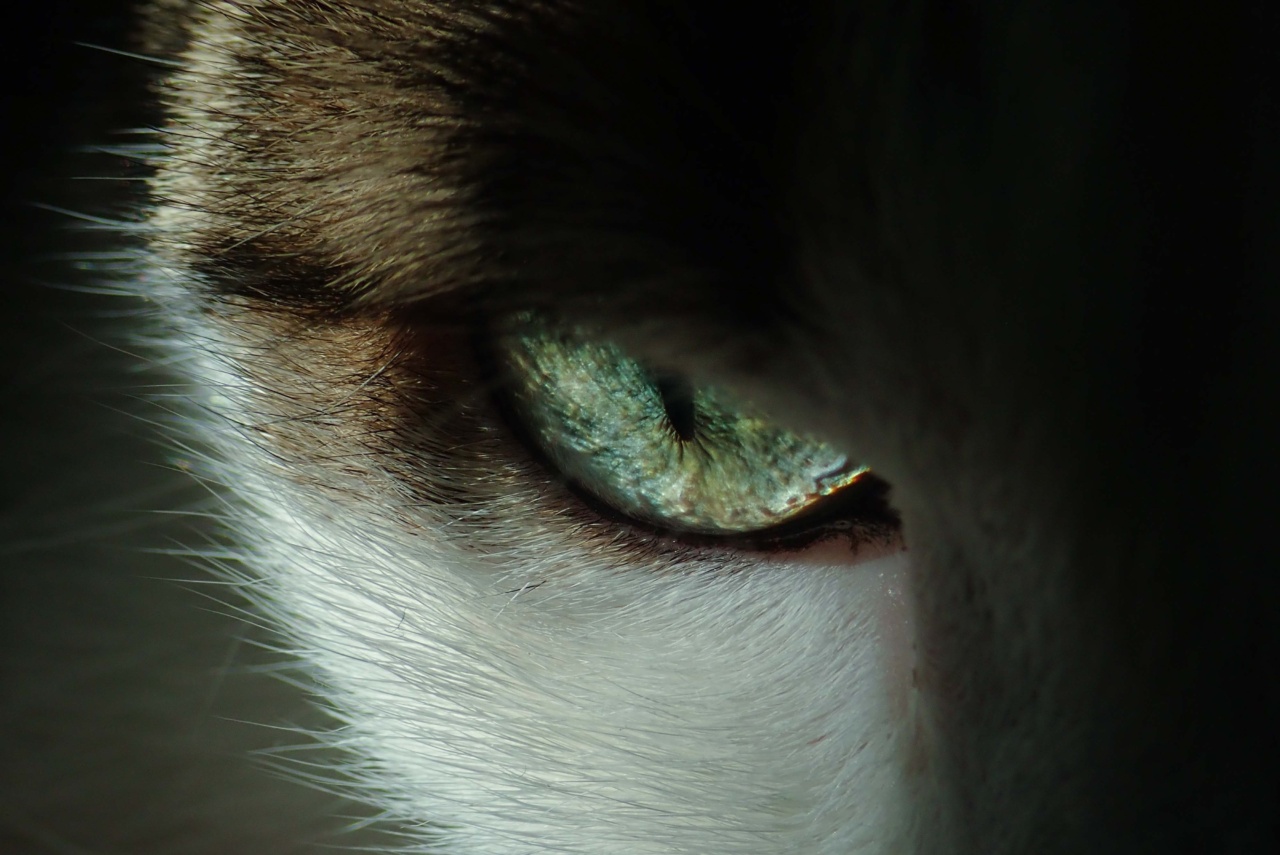Gray hair is a natural part of aging, but sometimes it can appear earlier than expected. Premature gray hair can affect anyone, regardless of age or ethnicity, and it can be caused by a variety of factors.
Let’s take a look at three possible explanations for premature gray hair:.
1. Genetics
Genetics play a significant role in determining when hair turns gray. Some people are genetically predisposed to developing gray hair at a younger age than others.
If your parents or grandparents started going gray early in life, there’s a good chance that you might too.
One gene, called IRF4, has been identified as a key player in determining when hair turns gray. Research has shown that a variant of this gene is associated with premature gray hair in certain ethnicities, including Europeans and Latinos.
While genetics may be the primary cause of premature gray hair for some people, it’s not the only factor at play.
2. Stress
Stress is another possible explanation for premature gray hair. When we experience stress, it can cause damage to the hair follicles, which can lead to premature graying.
This process is thought to be mediated by an increase in the production of free radicals, which can harm the cells that produce pigment in the hair follicles.
Stress can manifest in many forms, including physical, emotional, and environmental stressors. For example, exposure to pollution or other toxins can cause oxidative stress and damage to hair follicles.
Certain medical conditions, like thyroid disorders or autoimmune diseases, can also contribute to premature gray hair.
To help prevent premature gray hair caused by stress, it’s important to practice stress-reducing techniques like meditation, yoga, or regular exercise.
Eating a healthy diet that’s rich in antioxidants can also help to minimize oxidative damage to the hair follicles.
3. Nutritional deficiencies
A lack of key nutrients in the diet can also contribute to premature gray hair. Nutrients like vitamin B12, folate, and biotin are essential for healthy hair growth and pigmentation.
In particular, a deficiency in vitamin B12 has been linked to premature gray hair. This nutrient is important for the production of red blood cells, which deliver oxygen and nutrients to the hair follicles.
Without enough vitamin B12, the hair follicles may not function properly and can start to produce less pigment.
If you’re concerned about premature gray hair, it’s important to make sure you’re getting enough of these key nutrients in your diet.
Foods like eggs, leafy greens, and lean meats are good sources of vitamin B12 and other important hair-healthy nutrients.
Conclusion
While premature gray hair can be distressing, it’s important to remember that it’s often a natural part of the aging process.
However, there are steps you can take to help delay the onset of gray hair and keep your locks looking healthy and vibrant. By focusing on good nutrition, stress reduction, and healthy lifestyle habits, you can help slow down the graying process and enjoy healthy, beautiful hair for years to come.































